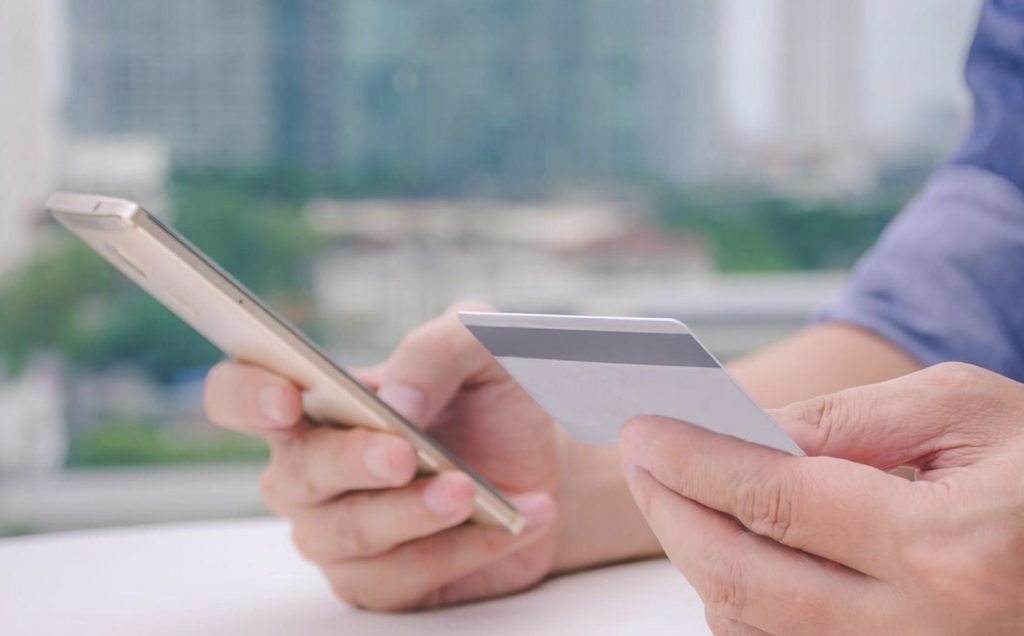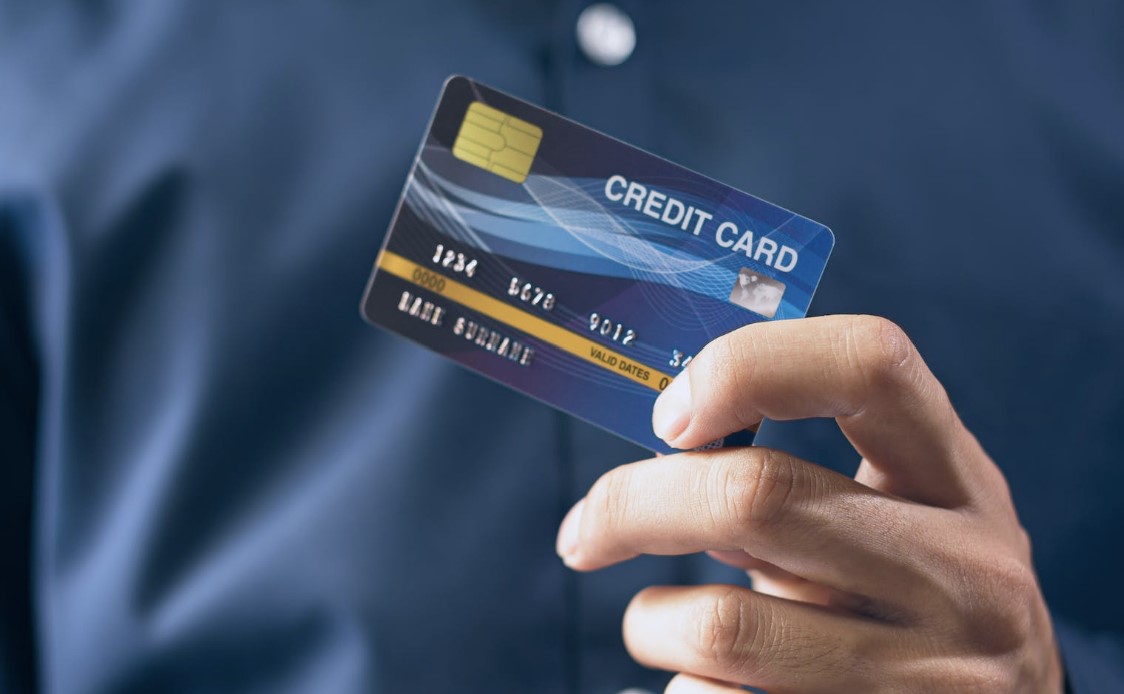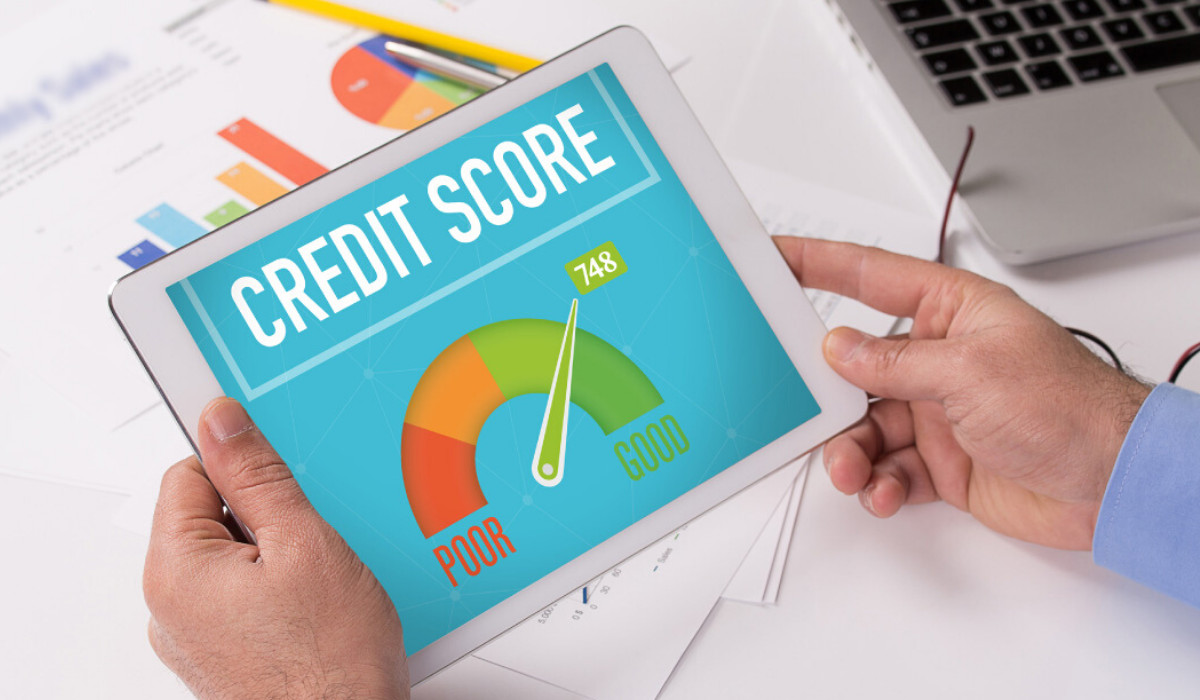Discovering that your credit card is lost or stolen can be a stressful experience, no matter where you are in the world. Whether you are in the bustling streets of New York City or exploring the beautiful beaches of the Philippines, it’s important to know what steps to take in order to protect yourself and your finances.
If you find yourself in this unfortunate situation, the first thing you should do is remain calm and try to retrace your steps. Sometimes, credit cards can be misplaced rather than stolen, so it’s important to check all your personal belongings and the places you’ve recently visited. Once you’ve confirmed that your credit card is truly lost, it’s time to take action. In this article you will find step-by-step instructions on what to do if your credit card is lost.
Reporting a Lost Credit Card
If you have lost your credit card or it has been stolen or misplaced, it is important to report it as soon as possible. Immediate action can help prevent unauthorized transactions and reduce the risk of financial loss.
To report a lost credit card, start by calling your credit card provider’s customer service hotline. The hotline number is usually provided on the back of your card or on your monthly statement. Be prepared to provide your account information and answer security questions to verify your identity.
It is advisable to report a lost credit card even if you are unsure whether it was lost or stolen. It is better to err on the side of caution to protect yourself from potential fraudulent activities.
Tip: It is advisable to note down the customer service number of your credit card issuer beforehand so that you can easily reach them in case of an emergency.
Canceling Your Lost Credit Card
If your credit card is lost or stolen, it’s crucial to act quickly to protect your finances and personal information. Whether you’re in the Philippines or abroad, follow these steps to cancel your lost credit card:
- Contact your credit card issuer immediately: Call the customer service number provided on the back of your credit card. Report that your card has been lost or stolen and request for it to be canceled. Provide any necessary details, such as your full name, card number, and any recent transactions you can recall.
- Monitor your account: While waiting for your card to be canceled, keep a close eye on your account activity. Report any unauthorized charges or suspicious activity to your credit card issuer right away.
- Follow up in writing: After speaking with your credit card issuer, send a written request to confirm the cancellation of your lost card. Include your contact information and any relevant details regarding the loss or theft.
- Update your payment information: If you have any recurring payments or subscriptions linked to your lost credit card, update the payment information with your new card or a different payment method to ensure that your bills are paid on time.
- Consider a credit freeze: To further protect your credit, you may want to consider placing a credit freeze with the major credit bureaus. This can help prevent any unauthorized access to your credit report and stop potential identity thieves from opening new accounts in your name.
Note: Different credit card issuers may have specific processes and timelines for replacing lost or stolen cards, so it is essential to follow their instructions and contact them directly for the most accurate information.
Once you have reported your lost credit card, your credit card provider will typically cancel your card and issue a replacement. They may also provide guidance on steps you can take to monitor your account for any suspicious activity. It is important to follow up with your credit card provider regularly to ensure that everything is in order.
Taking Legal Action
If your credit card is lost, stolen, or misplaced, it’s crucial to take immediate action to protect yourself from any potential fraudulent activity. Here are the steps you should follow:
- Contact your credit card issuer: As soon as you realize your credit card is missing, call your credit card issuer’s customer service hotline to report the loss or theft. They will be able to freeze your account and prevent any unauthorized transactions.
- File a police report: Visit your local police station or call their non-emergency hotline to file a report about your lost or stolen credit card. This step is important for documentation purposes and can help protect you if any fraudulent charges are made.
- Notify credit reporting agencies: Contact the major credit reporting agencies, such as TransUnion, Experian, and Equifax, to place a fraud alert on your credit report. This will help prevent potential identity theft and unauthorized credit applications.
- Keep records and documentation: Throughout the entire process, make sure to keep detailed records of all conversations, emails, and any other correspondence related to your lost or stolen credit card.
By promptly reporting your lost or stolen credit card, you can minimize the risk of unauthorized charges and ensure that a replacement card is on its way to you soon. Remember to always keep your credit card information secure to prevent any future incidents.
Monitoring Your Credit Card Activity
After your credit card has been stolen or misplaced, it is crucial to closely monitor your card’s activity to prevent any unauthorized use. This is especially important if you are in a country like the Philippines, where credit card fraud is prevalent.

Here are some steps to help you monitor your credit card activity:
- Regularly check your credit card statements: Review your monthly credit card statements carefully for any suspicious transactions. Look for any charges that you don’t recognize or any unusual activity. If you spot any unauthorized charges, report them to your credit card company immediately.
- Set up account alerts: Take advantage of your credit card company’s alert services. You can set up email or text message alerts to notify you of any transactions made with your card. This way, you can stay updated on your card’s activity in real-time.
- Monitor online banking: Log in to your credit card account regularly to monitor your transactions online. Keep an eye out for any unfamiliar purchases or withdrawals. Report any suspicious activity right away.
- Use fraud protection apps: Consider using fraud protection apps or services that can help you monitor your credit card activity and identify any potential fraud. These apps can often provide real-time alerts and help you spot any unusual patterns or transactions.
- Review your credit report: Obtain a copy of your credit report periodically and review it for any inaccuracies or suspicious activity. Look for any new accounts that have been opened in your name or any negative information that shouldn’t be there. If you find anything unusual, report it to the credit reporting agencies immediately.
- Protect your personal information: Be cautious about sharing your credit card information and personal details online. Only provide your card details on secured websites and avoid sharing sensitive information over public Wi-Fi networks.
By monitoring your credit card activity closely, you can quickly detect and report any fraudulent charges, ensuring the security and peace of mind for your credit card.
Conclusion
In conclusion, losing a credit card can feel overwhelming, but taking prompt action can help mitigate the potential consequences. By remaining calm, contacting your credit card issuer, and monitoring your account activity, you can safeguard yourself and your finances. Remember, it’s better to be proactive and take swift action than to wait and risk further damage. Stay vigilant and don’t let a lost or stolen credit card ruin your financial stability
Questions and answers
What should I do if I can’t find my credit card?
If you can’t find your credit card, the first thing you should do is check your surroundings to see if it’s misplaced. If you still can’t find it, you should immediately report it as lost or stolen to your credit card issuer. This will prevent any unauthorized transactions on your card and protect you from any potential fraud.
How can I report my lost credit card?
In order to report your lost credit card, you should contact your credit card issuer as soon as possible. Most issuers have a dedicated customer service hotline for lost or stolen cards. You can usually find this number on the back of your card or on your credit card statement. When you contact the issuer, provide them with your account information and any other required details. They will then block your card and issue you a new one.
What steps should I take to protect myself from potential fraud after losing my credit card?
After losing your credit card, it’s important to take immediate steps to protect yourself from potential fraud. First, report your card as lost or stolen to your credit card issuer. They will block your card to prevent any unauthorized transactions. Second, monitor your account activity regularly to ensure no fraudulent transactions are made. Finally, consider setting up alerts or notifications on your account to alert you of any suspicious activity.
Can I be held responsible for unauthorized charges made on my lost credit card?
Generally, you are not held responsible for unauthorized charges made on your lost credit card. Once you report your card as lost or stolen to your credit card issuer, they will usually hold you liable for a maximum of $50 for any fraudulent transactions. However, most issuers offer zero liability protection, which means you won’t be liable for any unauthorized charges. It’s important to review the terms and conditions of your credit card to understand your specific liability protection.



Leave a Reply